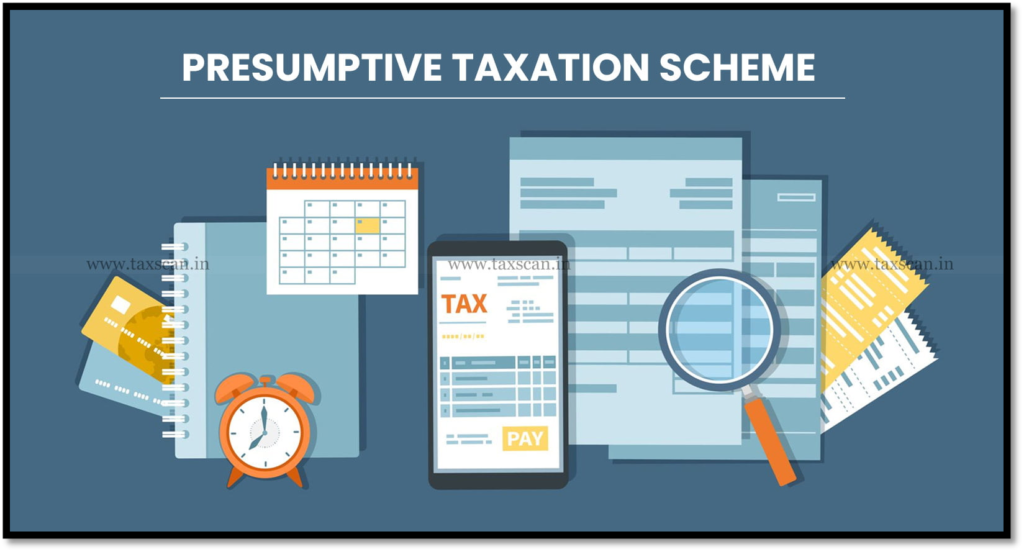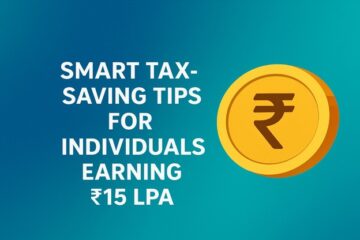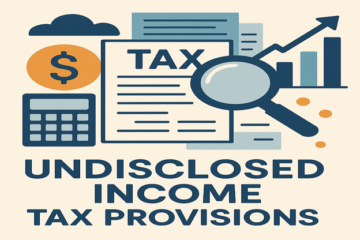Introduction
A tax audit in India is a detailed examination of the books of accounts of a taxpayer to ensure that they comply with the provisions of the Income Tax Act, 1961. It is conducted under Section 44AB of the Act.
Who is required to get a tax audit?
A tax audit is mandatory for certain individuals and businesses, based on turnover, gross receipts, or profits:
1. For Business:
- If the total sales, turnover, or gross receipts exceed ₹1 crore in a financial year.
- This limit is increased to ₹10 crore if:
- The aggregate of all cash receipts does not exceed 5% of total receipts.
- The aggregate of all cash payments does not exceed 5% of total payments.
2. For Professionals:
- If the gross receipts exceed ₹50 lakhs in a financial year.

3. For Presumptive Taxation Scheme (like under Section 44AD, 44ADA):
1. Section 44AD – For Small Businesses
Who can opt: Resident individuals, HUFs, and partnership firms (not LLPs) engaged in any business except:
- Businesses involving agency or commission/brokerage
- Professions as per Section 44AA (like doctors, lawyers, etc.)
- Turnover limit: Up to ₹2 crore
- Presumed income:
- 8% of turnover (if received in cash)
- 6% of turnover (if received digitally)
- No need to maintain books of accounts or get a tax audit (unless claiming lower income)
- If a person claims income lower than the presumptive income and their total income exceeds the basic exemption limit.
2. Section 44ADA – For Specified Professionals
- Who can opt: Resident individuals who are professionals (like doctors, lawyers, architects, engineers, CA, etc.)
- Gross receipts limit: Up to ₹50 lakhs
- Presumed income: 50% of total gross receipts
- No need to maintain detailed books or get a tax audit (unless claiming lower income)
3. Section 44AE – For Goods Transport Business
- Who can opt: Anyone owning and operating not more than 10 goods vehicles
- Presumed income:
- ₹1,000 per ton per vehicle per month (for heavy goods vehicles)
- ₹7,500 per vehicle per month (for other goods vehicles)
Benefits of Presumptive Taxation:
- No requirement to maintain detailed books of accounts
- No tax audit (if conditions are met)
- Simplifies tax filing for small taxpayers
- Reduces compliance burden
Important Points:
- If you opt out after choosing presumptive taxation, you may not be allowed to re-enter the scheme for 5 years.
- If you declare lower income than the presumptive rate, and your total income exceeds the basic exemption limit, you must maintain books and get a tax audit done.
Due Date for Tax Audit:
- Generally, 30th September of the assessment year (for FY 2023–24, due date is 30th September 2024).




